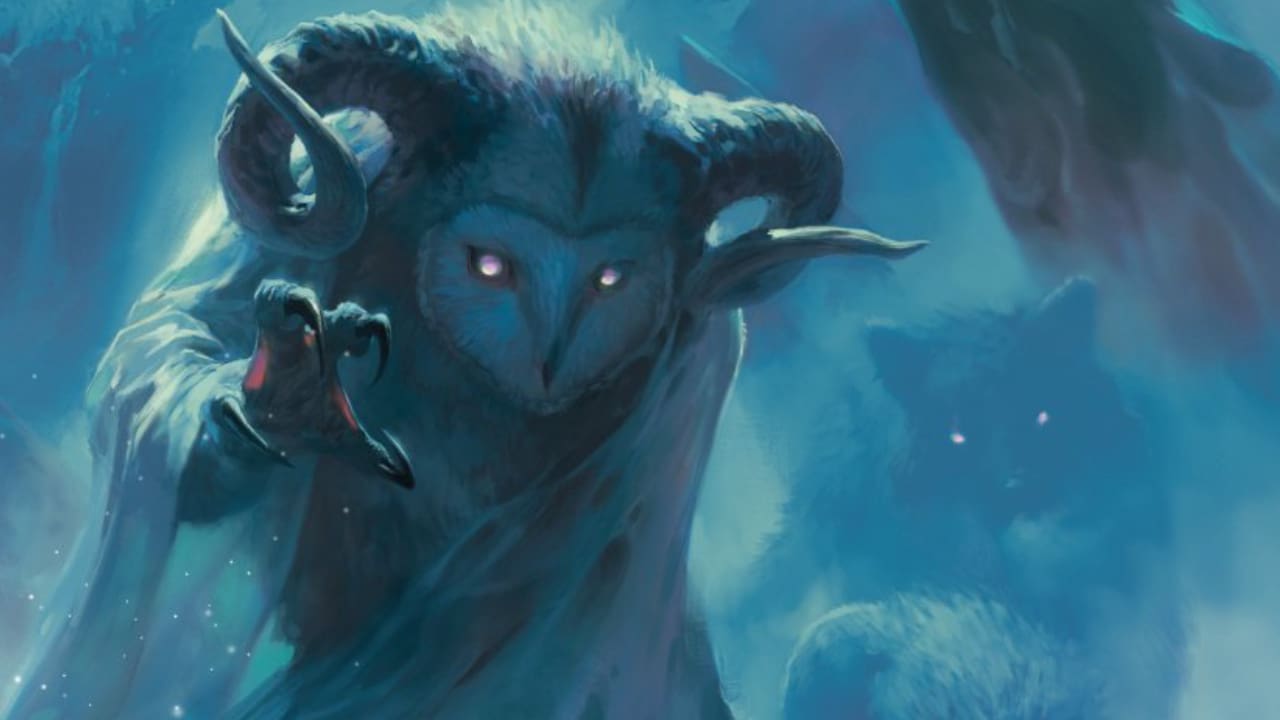- After controversy over AI found to have been used in a recent sourcebook, tabletop game maker D&D says it will no longer use the technology.
- Instead D&D says it will lean on human artists and writers to produce its content.
- This comes after widespread layoffs across the company.
The latest statement from Dungeons & Dragons (D&D) on its use of generative AI to make content for its media, including books and tabletop games is like a putting a plaster on a gaping sword wound.
D&D, which is owned by toy maker Hasbro, has issued an updated statement saying that it will no longer be using AI to produce “final D&D products.”
In a one-paragraph statement on D&D Beyond, the company says that its internal guidelines continue to stipulate that it requires human “artists, writers, and creatives contributing to the [D&D boardgame] to refrain from using AI generative tools to create final D&D products.”
“We work with some of the most talented artists and creatives in the world, and we believe those people are what makes D&D great,” it adds.
The statement comes a week after it was revealed that Hasbro had laid off 1 100 employees to “free up our own content dollars to drive new brand development,” according to a memo from CEO Chris Cocks.
It is unknown how much staff were affected across particular teams in Hasbro’s stable of IPs, including D&D, Magic: The Gathering, Transformers, Barbie and many others.
But according to Swen Vincke, CEO of Baldur’s Gate 3 developer Larian Studios, the D&D team he worked with on the game was devastated by the layoffs.
“I’m really sorry to hear so many of you were let go. It’s a sad thing to realize that of the people who were in the original meeting room, there’s almost nobody left. I hope you all end up well,” he wrote in a post on X.
The statement also does little to appease an increasingly angry community of players and fans who lambasted D&D when it was found that generative AI was used in one of the latest sourcebooks from the company – Bigby Presents: Glory of the Giants.
Several characters in the book were seemingly either entirely made using AI, or AI was used to edit human-made art. With the copyright waters still muddy over AI-generated content, and the negative implications that AI has on the online digital artist industry, many fans felt the inclusion of AI content took away possible jobs from actual artists.
Hasbro recently made a $204.4 million profit on its gaming division, which includes D&D – one of its most popular IPs.
[Image – Wizards of the Coast on X]

